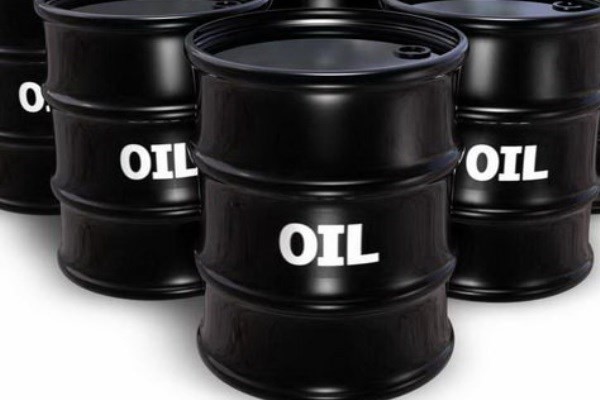Petroleum Products
Measuring the relative value of Crude Oil in the market is subject to several factors that sometimes conflict with each other. Each type of oil has its own characteristics and characteristics that determine the type and amount of products that are produced after oil refining. In addition, the way refineries work and do not interfere with the production of refined products. One type of oil may be particularly ideal and useful for a refinery, but on the other hand, the same oil may not be popular for a variety of reasons, including the price or insufficient production of key products required by the refinery’s traditional market. A refinery’s domestic market demand for petroleum products can change significantly due to seasonal, economic or local conditions, which affects the type of oil or oil mixture that a refinery is trying to find.
Petroleum products are most commonly used to obtain energy from them: for example, Fuel Oil and Gasoline are products that are used to use their energy. Refineries also process other chemicals, some of which use chemical processes to process plastics and other commonly used materials. Because oil contains a few percent sulfur, large amounts of sulfur are also processed as petroleum products. Hydrogen and carbon in the form of petroleum coke can also be considered petroleum products.
Oil refining has two main reasons, first, that the extraction of materials such as Naphtha for use in the petrochemical industry, Engine Oil for various cars, or even Gasoline is much more economical than the use of Crude Oil as an exotherm. Second, the consumption of Crude Oil is not easy and safe due to the large differences in boiling points and ignition of its components. That is why crude oil must be refined and its light materials separated so that it can be used as a safe fuel.

